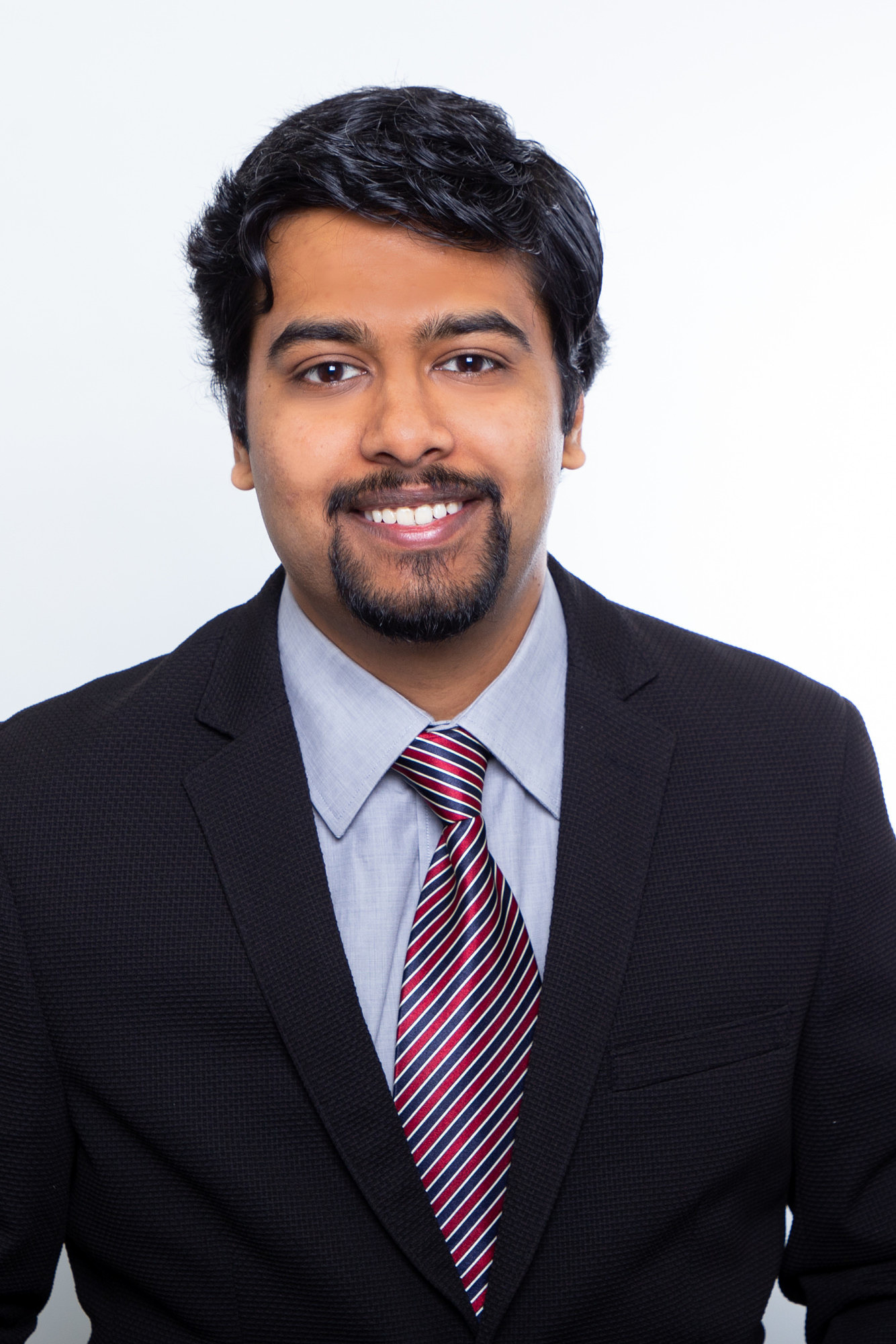Phansalkar, Dhananjay
M. Sc. Dhananjay Phansalkar
Dr. Dhananjay Phansalkar, ,
- 2010 – 2014 B.Eng. in Mechanical Engineering, S.D.M. College of Engineering and Technology, Dharwad, India
- 2014 – 2016 Engineer, Aero-Engines, QuEST Global Engineering Services GmbH, Bangalore, India
- 2016 – 2019 M.Sc. in Computational Engineering, Friedrich-Alexander-Universität Erlangen-Nürnberg
- 2019 – doctoral candidate, Institute of Applied Dynamics, Friedrich-Alexander-Universität Erlangen-Nürnberg
theses
No publications found.
reviewed journal publications
2025
- , , , , :
A New Approach to Asynchronous Variational Integrators for a Phase Field Model of Dynamic Fracture
In: International Journal for Numerical Methods in Engineering (2025)
ISSN: 0029-5981
DOI: 10.1002/nme.70025
2023
- , , , , :
Extension of the spatially adaptive phase-field model to various forms of fracture
In: Forces in Mechanics 10 (2023), Article No.: 100161
ISSN: 2666-3597
DOI: 10.1016/j.finmec.2022.100161
2022
- , , , :
A spatially adaptive phase-field model of fracture
In: Computer Methods in Applied Mechanics and Engineering 395 (2022)
ISSN: 0045-7825
DOI: 10.1016/j.cma.2022.114880
conferences and proceedings
2025
- , , , , :
Computational efficiency of dynamic phase field fracture simulations using a new asynchronous variational integrator
conference, GAMM PF 25 and Materials/Microstructure modelling: Analytics & Benchmarks (Karlsruhe, 2025-02-12 - 2025-02-14)
2024
- , , , , :
A spatially adaptive phase field model for static and dynamic fracture
conference, IUTAM Symposium Computational Fracture Mechanics in Multi- Field Problems (Bad Honnef, 2024-12-08 - 2024-12-13) - , , , , :
Simulating Dynamic Phase Field Fracture using a New Asynchronous Variational Integrator
conference, 10th FRASCAL seminar (Erlangen, 2024-10-25)
2023
- , , :
Numerical illustration of Γ-convergence for variational integrators
conference, 8th FRASCAL seminar (Erlangen, 2023-04-28) - , , , , :
Investigation of different forms of fracture using a spatially adaptive phase-field model
conference, 8th GAMM Workshop on Phase-field modeling (ETH Zürich, 2023-02-06 - 2023-02-07)
2022
- , , :
Finite Element Modeling of Osteoporotic Pelvic Ring and Extension of Project P9 into temporal adaptivity
conference, 2nd RTG Retreat of FRASCAL (Bad Windsheim, 2022-05-05 - 2022-05-06) - , , , , :
Computational Fracture Modeling in Heterogeneous Materials - Recent Advances and Future Challenges
conference, WCCM-APCOM 15th World Congress on Computational Mechanics & 8th Asian Pacific Congress on Computational Mechanics (Yokohama (online), 2022-07-31 - 2022-08-05) - , , , :
A spatially adaptive phase-field model for dynamic fracture
conference, ECCOMAS - 8th European Congress on Computational Methods in Applied Sciences and Engineering (Oslo, 2022-06-05 - 2022-06-09)
2021
- , , , :
Dynamic simulation of a phase-field fracture with the Newmark method
conference, 6th Research Training Group GRK 2423 FRASCAL (Neuhof an der Zenn, 2021-10-14 - 2021-10-16) - , , , :
Space-dependent transition zone parameter for a phase-field model of brittle fractures
conference, GAMM Annual Meeting (Kassel, 2021-03-15 - 2021-03-19) - , , , :
Uniform and adaptive in phase-field models for brittle fractures
conference, 5th Research Training Group GRK 2423 FRASCAL (online, 2021-04-30)
2020
- , :
Adaptivity in the Dynamic Simulation of Fracture Mechanics
2nd Visitors Workshop of GRK 2423 FRASCAL (Erlangen, 2020-03-12) - , :
On numerical challenges with a phase-field model for a mode I fracture
7th GAMM workshop on phase-field modeling (Kaiserslautern, 2020-02-10 - 2020-02-11)
further publications
-
Teilprojekt P9 - Adaptive Dynamic Fracture Simulation
(Third Party Funds Group – Sub project)
Overall project: Fracture across Scales: Integrating Mechanics, Materials Science, Mathematics, Chemistry, and Physics (FRASCAL)
Term: 2019-01-02 - 2027-12-31
Funding source: DFG / Graduiertenkolleg (GRK)
URL: https://www.frascal.research.fau.eu/home/research/p-9-adaptive-dynamic-fracture-simulation/In the simulation of continuum mechanical problems of materials with heterogeneities caused e.g. by a grained structure on a smaller scale compared to the overall dimension of the system, or by the propagation of discontinuities like cracks, the spatial meshes for finite element simulations are typically consisting of coarse elements to save computational costs in regions where less deformation is expected, as well as finely discretised areas to be able to resolve discontinuities and small scale phenomena in an accurate way. For transient problems, spatial mesh adaption has been the topic of intensive research and many strategies are available, which refine or coarsen the spatial mesh according to different criteria. However, the standard is to use the same time step for all degrees of freedom and adaptive time step controls are usually applied to the complete system.
The aim of this project is to investigate the kinetics of heterogeneous, e.g. cracked material, in several steps by developing suitable combinations of spatial and temporal mesh adaption strategies.

